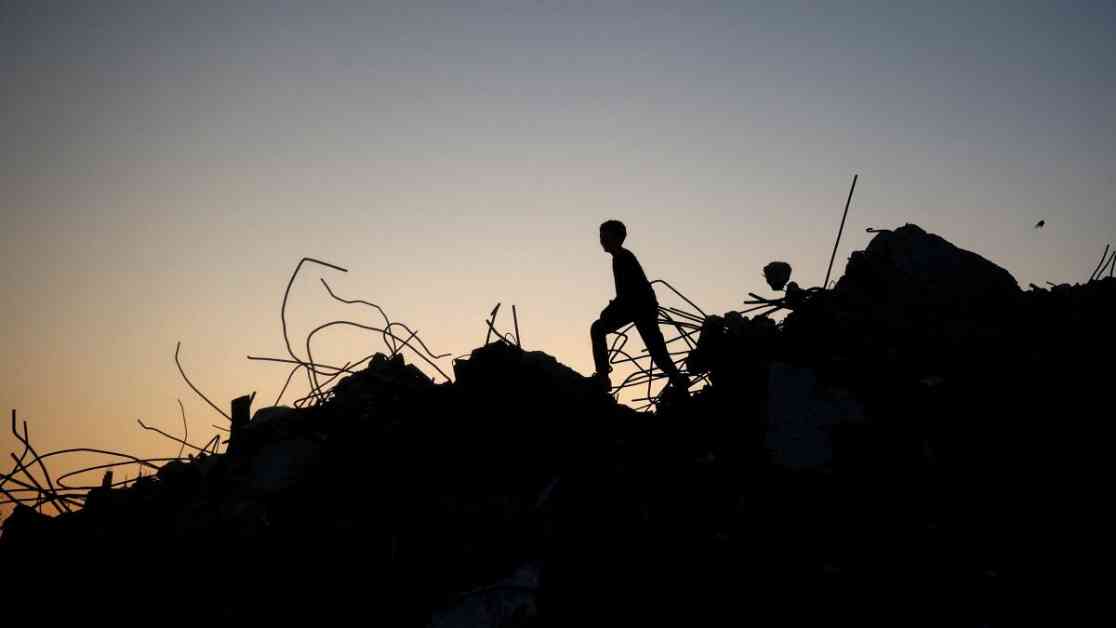Israel’s Ongoing War in the Middle East: The Ineffectiveness of Targeted Assassinations
Since the horrific Hamas terrorist attacks of Oct. 7, 2023, Israel has been embroiled in a complex and deadly conflict across the Middle East. This conflict, spanning from Gaza to Lebanon to Iran, has brought about significant casualties and destruction. Over the past 15 months, the Israel Defense Forces and Israeli intelligence services have engaged in direct confrontation with Hamas and Lebanese Hezbollah, both key players in Iran’s “Axis of Resistance.”
Israeli Tactics: Targeted Assassinations
Israeli military operations have included targeted assassinations aimed at eliminating the leadership of these groups. Notable figures like Hezbollah Secretary-General Hassan Nasrallah and Hamas leader Yahya Sinwar have been among those killed in these operations. While these assassinations have dealt significant blows to the organizations, questions remain about their long-term effectiveness. Many experts argue that decapitation strikes alone are insufficient to fully eradicate these groups.
Insurgency vs. Terrorism
It is crucial to understand that Hamas and Hezbollah are more than just transnational terrorist groups; they are deeply rooted insurgent organizations with local support bases. Unlike groups like Al Qaeda or the Islamic State, which rely heavily on foreign fighters, Hamas and Hezbollah draw their strength from Palestinians and Lebanese, respectively. This distinction is vital in analyzing their resilience and ability to regrow their ranks despite significant losses.
The Human Cost and Consequences
The ongoing conflict in Gaza and Lebanon has had devastating consequences for civilian populations, with thousands killed, injured, and displaced. The destruction of infrastructure and livelihoods has created a fertile ground for radicalization and recruitment for groups like Hamas and Hezbollah. The cycle of violence perpetuated by these conflicts only serves to deepen the roots of these organizations within their communities.
Ultimately, the Israeli strategy of “mowing the grass” through military force has not led to a lasting solution to the challenges posed by Hamas and Hezbollah. Without a comprehensive counterinsurgency approach that addresses root causes and wins hearts and minds, the cycle of violence is likely to continue. As the conflict rages on, it becomes increasingly clear that a purely kinetic approach is insufficient in dealing with the complex political and social dynamics at play in the region.
Colin P. Clarke, a renowned expert in intelligence and security, highlights the need for a more nuanced and holistic strategy to address the ongoing conflict in the Middle East. As the region grapples with the aftermath of years of violence and devastation, the importance of understanding the intricacies of insurgency and terrorism becomes more pressing than ever. Only through a comprehensive approach that addresses the underlying grievances and aspirations of all parties involved can there be hope for a lasting peace in the region.



























